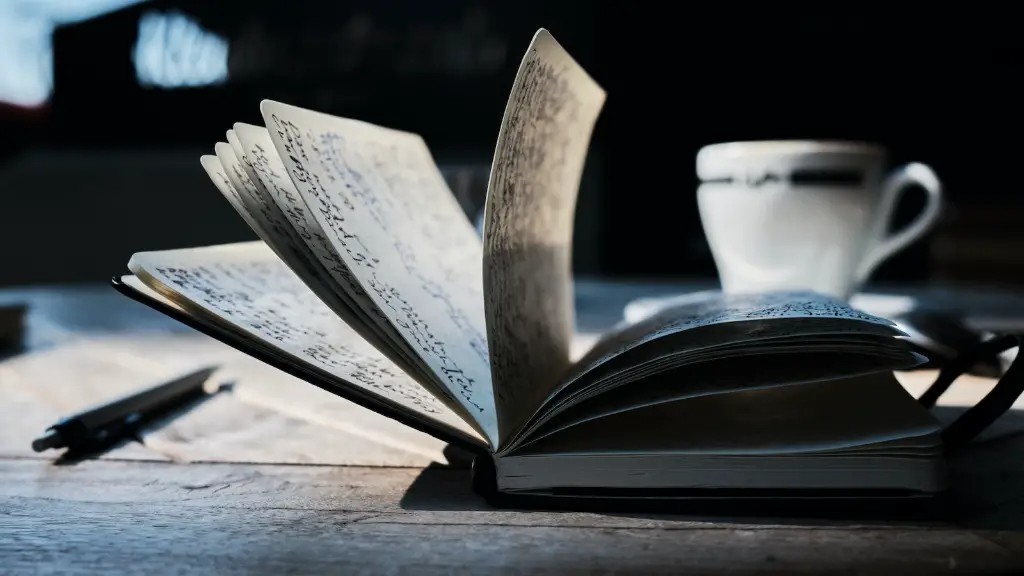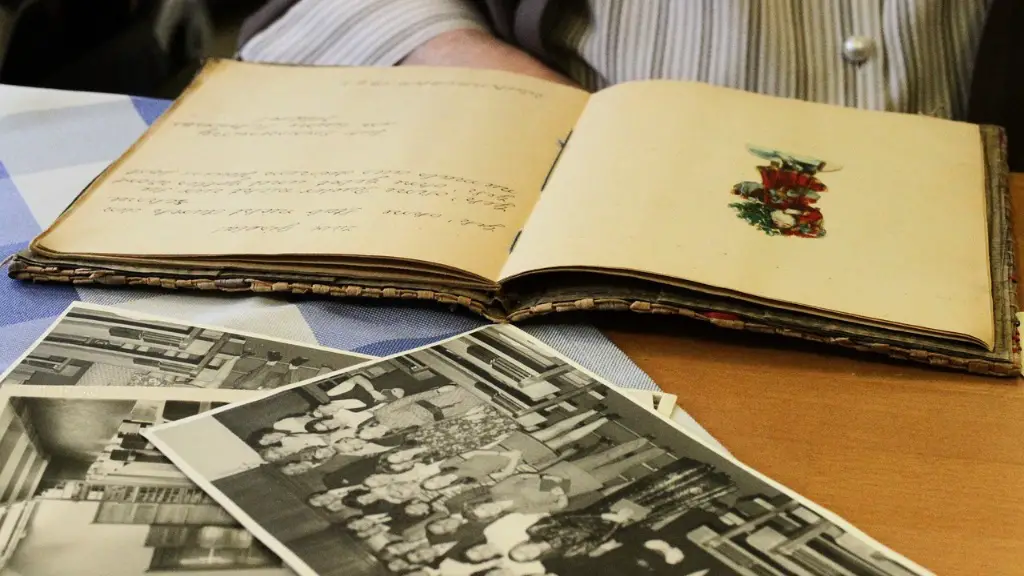What is Poetry?
Poetry is a literary form that has been around for thousands of years and is still beloved by many people today. It is a way to communicate both emotions and ideas through the use of lyrical language. Poetry is written in a highly stylized form that includes elements such as meter and rhyme. It also often includes figurative language such as metaphors, similes and personification.
What is Non-fiction?
Non-fiction is a genre of writing that deals with the factual accounts of actual people and events. This genre includes everything from journalism to biographies and autobiographies. Non-fiction writers strive to provide accurate and impartial information so that their readers can make informed decisions about their lives and the people and events around them.
Is Poetry Non-fiction?
The question of whether poetry is considered to be non-fiction is one that has been heavily debated for centuries. On the one hand, there are many elements of poetry that make it appear to be non-fiction. Poets often write about real people, places and events, and use the same journalistic techniques that non-fiction writers use to convey their story. On the other hand, it is impossible to ignore the creative and stylistic elements that often make poetry unique.
Many experts have argued that the answer to this debate lies somewhere in the middle. They argue that while poetry often contains elements of non-fiction, it also includes elements of fiction. Therefore, they believe that the term “non-fiction” cannot accurately be applied to all poetry.
For example, if a poet were to write about a real event or person, they could choose to exaggerate or omit details in order to make their story more interesting. This is an element of creative writing that does not usually occur in non-fiction. On the other hand, poets may occasionally incorporate factual information, such as historical events and statistics, into their work.
The distinction between poetry and non-fiction can also depend on the genre of the poem itself. For example, a haiku or sonnet is likely to contain elements of fiction, while a journalistic poem is likely to include factual information. Ultimately, the determination of whether or not a given poem is considered to be non-fiction is often up to the interpretation of the reader.
The Benefits of Poetry
Regardless of whether or not it is considered to be non-fiction, many people agree that there are many benefits to reading and writing poetry. Poetry can provide an emotional outlet for the reader and allows them to express themselves in a creative and unique way. It forces the reader to think outside of the box and offers new perspectives on life. Additionally, poetry can also help to lead readers to a greater understanding of the world around them, as it allows them to explore topics from different points of view.
Writing poetry can also be beneficial for the writer. Poetry can help to improve a writer’s vocabulary and hone their writing skills. It also encourages writers to be more creative and to think beyond the literal, which can help them to better express complex ideas or emotions. Furthermore, writing poetry can be a great way to practice self reflection, as it encourages them to take a moment to reflect on their thoughts and feelings.
The Effects of Poetry
In addition to providing emotional and creative benefits to the reader and the writer, poetry can also have an impact on society. Poetry has the power to move people to action and can help to create dialogue and spark conversations. Furthermore, poems can be used to challenge social norms and to draw attention to injustices.
Poetry can also be used as a form of protest, as it serves as a powerful tool for those who have been silenced by their governments or oppressors. Poets have long used their art to express their dissatisfaction or discontent with the status quo and to influence public opinion. Finally, poetry can also be used to inspire hope and to bring joy to those who read it.
The Role of Poetry in Education
Poetry is an important part of education, as it can provide students with an emotional and creative outlet. Poetry also helps to develop critical thinking skills and requires students to analyze and interpret literary elements. Furthermore, reading and writing poetry can help students to recognize and appreciate the beauty of language and to understand its power on an emotional level.
Finally, teaching poetry can help to foster an appreciation of the arts. By introducing poetry to younger students, teachers can help to cultivate a lifelong appreciation of the written word and inspire their students to embrace creativity in their academic and personal lives.
The Influence of Poetry on Contemporary Culture
Poetry has had a huge influence on contemporary culture, as it has been used to explore and challenge social issues, to create a sense of shared experience and understanding, and to spark conversations. Poetry has often been used to celebrate diversity and create a sense of community and solidarity among those who may have traditionally been kept apart.
Additionally, poetry has influenced countless artists in a variety of genres. From hip hop to literature, many modern artists have drawn upon the power of the written word to express their innermost feelings and thoughts. Poetry has become a powerful tool for self-expression and a way to connect with others.
Technology and Poetry
The emergence of technology has had an immense impact on the world of poetry. Many poets have embraced technology as a way to share their work with the world, using websites and social media to showcase their work. Technology has also enabled poets to collaborate with others around the world and to connect with a wider audience.
Furthermore, technology has enabled poets to experiment with new forms of expression. From videos to 3D printing and even augmented reality, poets have used these emerging technologies to create and showcase works of art in ways that were never before imagined.
The Significance of Poetry in Modern Society
Poetry remains an important and relevant part of modern society. It offers readers a unique way to explore difficult topics and to express their emotions. Poetry continues to challenge social norms and offer a creative outlet for those looking to express themselves.
Additionally, poetry has become an integral part of the educational system, as it encourages students to explore their creativity and develop their critical thinking skills. Similarly, poetry continues to influence artists in a variety of genres, and has made an enormous impact on contemporary culture. Finally, the emergence of technology has enabled poets to reach a wider audience, experiment with new forms of expression, and collaborate with others around the world.


